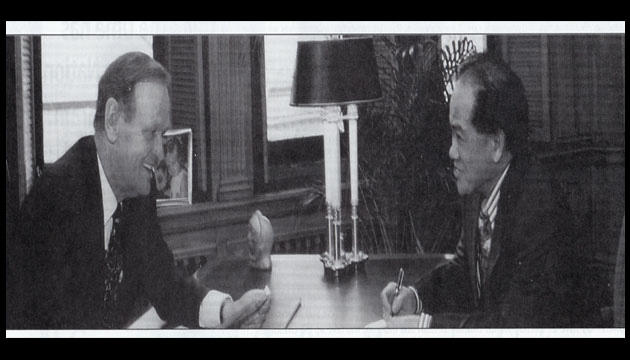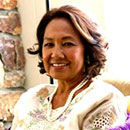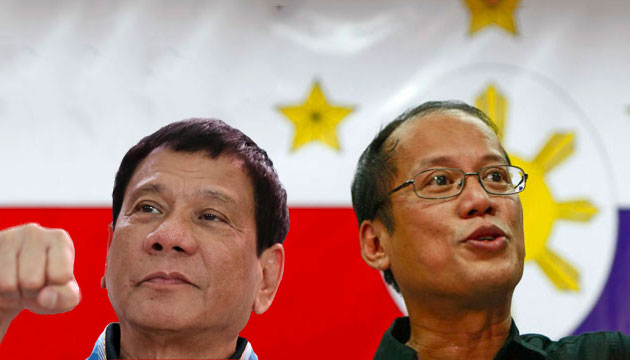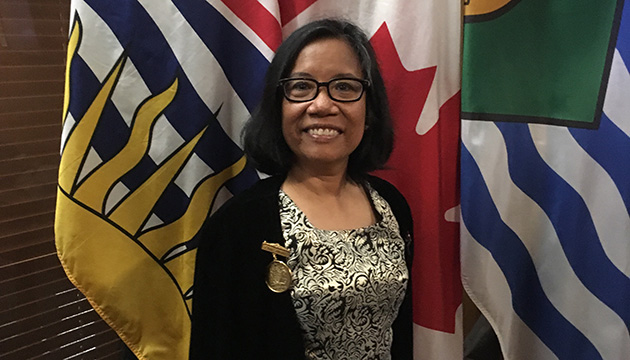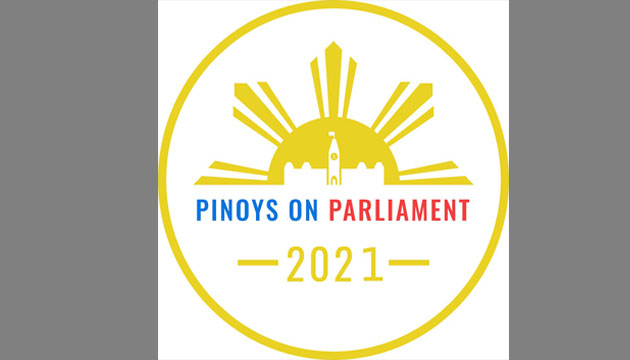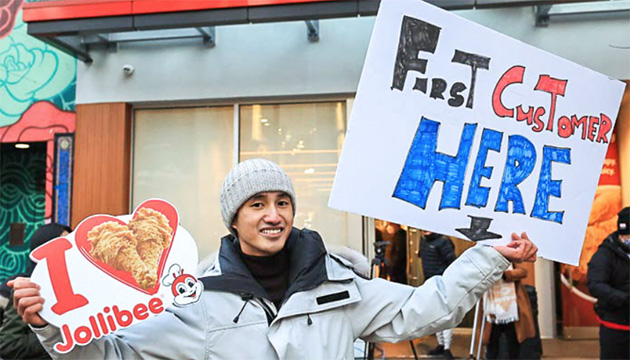Dr. Rey D. Pagtakhan was the first Canadian Filipino elected as Member of Parliament. He was a cabinet minister in the governments of then prime ministers Jean Chrétien and Paul Martin. Through this interview, the Canadian Filipino Net distills some pointers from his remarkable Canadian political journey.
Eleanor Guerrero-Campbell: It was interesting to hear how you handled the ‘tug-of-war’ between your deep attachment to medicine and your passionate attraction to community advocacy. What finally made you decide to serve in Parliament and when? Would you do it again?
Rey D. Pagtakhan: My final decision was made on October 31, 1987 when I overcame my fear of the ugly image of politics, embraced the beautiful image of its promise, and summoned up the courage to accept with humility and joy, the challenge to contribute my collective self to national decision-making and, thereby, give back to the broader community. My family was my anchor to steady the courage of my decision. It helped that I had served for a year as a public school trustee and already attained, two years earlier, the zenith of my academic career in the faculty of medicine.
I became the Liberal candidate for Winnipeg North on July 6, 1988. I still recall the concluding line of my acceptance speech: “When elected, I would speak not for the few of you, not for some of you, not even for most of you, because I will speak for all of you.” That set the tone for ensuing campaign as reflected in my first brochure: “…you will be asked to choose among several candidates of quality…Your Liberal candidate has a positive and creative vision of Canada – a vision based on caring profoundly about people…and about Canada’s role as a force for good in the world.”
I won, but the Liberal Party lost. Hence, I started as a member of the Official Opposition. This gave me more time to learn about the parliamentary process and ample opportunities to apply my advocacy skills when dealing with the concerns of constituents and the integrity of government institutions. I learned with greater acuteness that the plight of those in poverty was no less important, if not more, than those ill with pneumonia. I also learned that misplaced decisions in program implementation could wreak havoc on individuals and institutions.
My first term (1988-1993) gave me a sense of fulfillment and inner joy so much so that I ran again in 1993, 1997, 2000 and 2004 – four more election bids and nearly a 16-year span of elected public service.
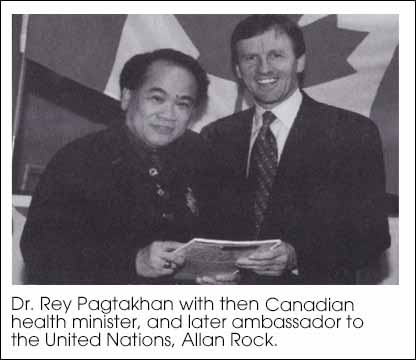
EGC. You were in public office for a long time - in opposition as well as in power. What were some highs and lows in your political life?
RDP. One fierce ‘low’ occurred when my membership recruitment team met shortly before the deadline for submission. “How many do we have?” I opened. “Doc, how many do we need?” “The more, the better.” “Doc, our kababayans(meaning the potential members from our Filipino community) were saying you’re a doctor and asking why they should pay when they’re the ones helping you.” Deeply alarmed, I calmly explained: “Not only are members required to pay for their membership, but also it is against the party by-laws for a candidate seeking nomination to pay for their recruited members.” Politely but leaving no ambiguity, I added: “If the first thing I would have to do as an aspiring lawmaker is violate the by-laws of our political party, I would rather stay at the Children’s Hospital and the medical school and continue with my clinical practice and teaching.” I then showed them the bundle of memberships I had recruited by going house-to-house. I emphasized that every member paid the $10 fee, including one unemployed couple who insisted they should pay too.
Another ‘low’ happened when a ‘group leader’ with a dozen volunteers brought liquor one evening to the headquarters. I advised my campaign manager to promptly request the group to leave the premises. The ‘group leader’ did not return my phone calls for the next three nights. Later, we met for lunch. Barely seated, one boldly remarked: “Doc, we can make you win or we can make you lose.” It was so painfully sad to hear. My response came out from my lips with the speed of a reflex reaction: “When I win, I would thank all; if I lose, I would blame no one.”
Fortunately, the ‘highs’ far outnumbered the ‘lows’ and the latter had not shaken my belief in the nobility of politics. It was a ‘high’ when former Prime Minister Jean Chretien appointed me his Parliamentary Secretary and later elevated me to his cabinet and made me senior regional minister for Manitoba. Another ‘high’ was when former Prime Minister Paul Martin retained me in his cabinet, considering the publicly known strained relationship between the two leaders.
It was a ‘high’, indeed, when I experienced contributing directly the best in me at the cabinet table of the nation.
“Rey represents what Canada is all about. He is the kind of MP who has never gotten carried away with the trappings of office. He is quiet, he’s not a showboat. I knew someone with Rey’s style and preoccupations would help me keep my feet on the ground,’ said Prime Minister Jean Chretien… It’s ample evidence that those humble roots have not been forgotten.”
In harmony with his roots: Pagtakhan makes proud return to his birthplace, By editorial writer Jim Carr, Winnipeg Free Press, January 19, 1997
EGC. Would that be the highest of your “highs”?
RDP. Almost. The following stories reflect the highest of “highs” for me because my interventions had a direct salutary impact on the lives of three Filipinas: a health care aide (SE) from Winnipeg, a live-in caregiver (LC) from Edmonton, and a pen-pal fiancée from Winnipeg.
SE and LC had been deported. My role was to probe for uniqueness in their circumstances that would make for a persuasive humanitarian appeal to the Minister of Immigration. I probed for genuine remorse, clear sign of lessons learned, affirmation of belief in honesty and forthrightness, relative gravity of infractions, and sincere efforts exerted to start a new life. I had to be thoroughly convinced and confident myself before I brought their appeals directly in person, without any political fanfare, to the Ministers’ attention, then Hon. Barbara McDougall and Hon. Elinor Caplan. I thank them to this day for their wisdom in enabling the return back of these two women to Canada, which in turn enabled these women to achieve a bright future in our common adopted home.
“Although many Canadians express disenchantment with politicians, Pagtakhan is a reminder that some parliamentarians are prepared to make major personal sacrifices to serve their constituents.... ‘Maybe some MPs don’t earn their pay, but I think this one does,’ said Kostecky (a constituent). ‘I have confidence in him.’ ”
Pursuing a Noble Calling: A Winnipeg MP Inspires Confidence (part of cover story), Maclean’s news magazine, June 8, 1992
The third woman’s story has a special poignancy to it. She came to Winnipeg to marry her fiancé and lived with him. He reneged on his promise. She filed a refugee claim on the advice of a lawyer. Her claim was denied and she was asked to depart voluntarily. Her lawyer suggested to appeal. It was at this time that she sought the assistance of my office. After a meticulous interview, I gave the following assessment: her chance of winning on appeal was nearly nil. I advised her to re-confirm with her lawyer about the appeal. Her lawyer decided not to proceed. I told her I would do my best, but I could not guarantee the outcome since I was not the one making the ultimate decision. I shared with her my optimism, but advised that she should be prepared to go home voluntarily should we lose the ministerial appeal. She agreed.
I further advised her to write a letter to then Minister of Immigration Barbara McDougall (also the Minister Responsible for Women) in her own words – expressing her genuine thoughts and feelings and not worrying about her command of the written English. I wrote my own covering letter conveying the gloomy picture that awaits her return to the Philippines. I remember this concluding line: “Madam Minister, may your responsibility for women extend beyond the women of Canada to the women of the world.” The Minister granted the third Filipina permission to stay and to eventually become a Canadian.


